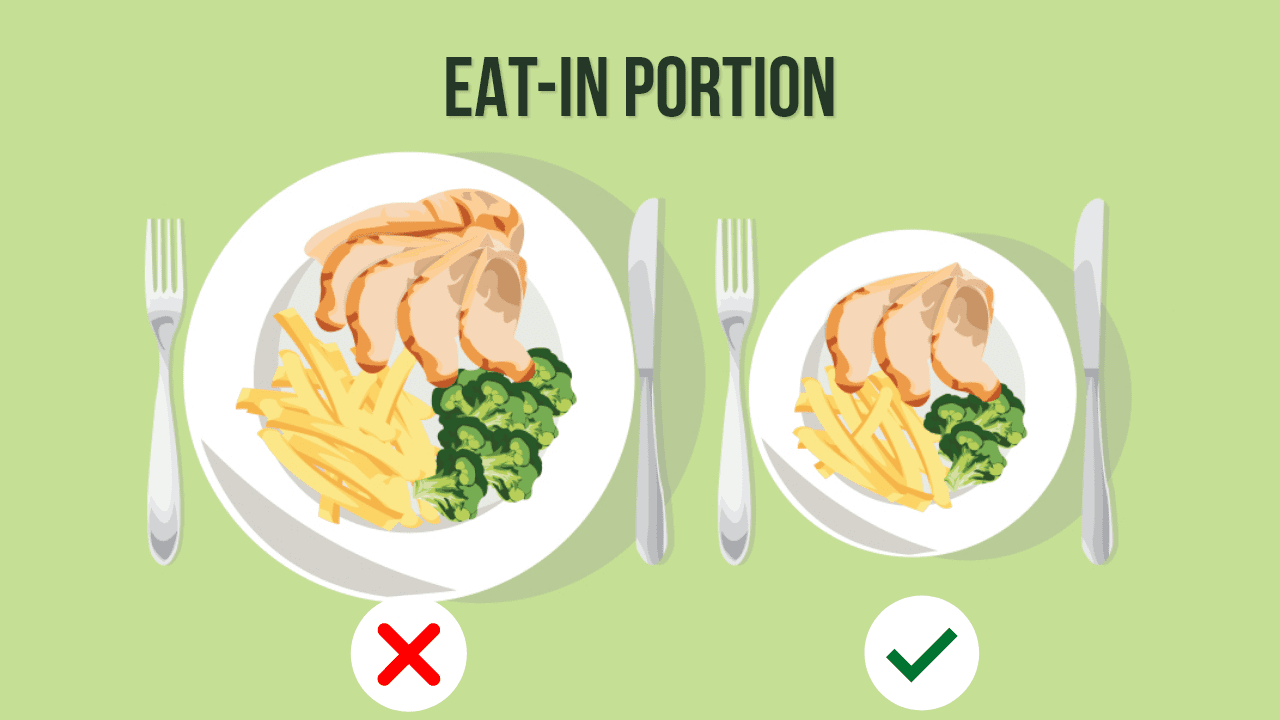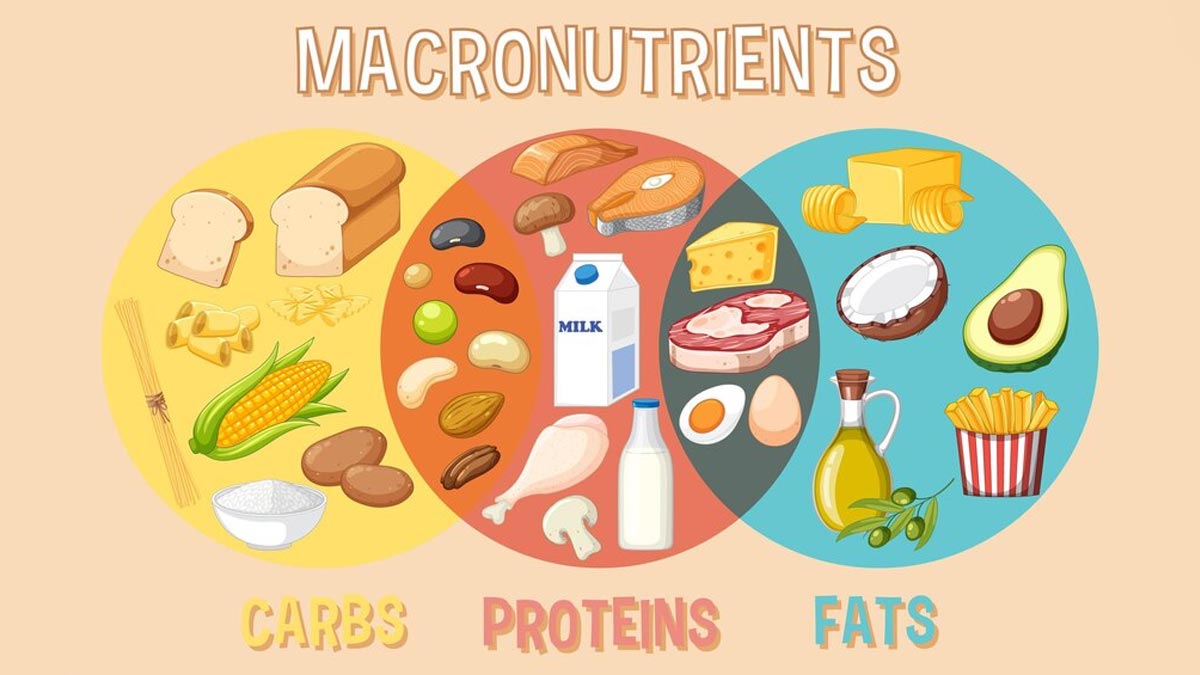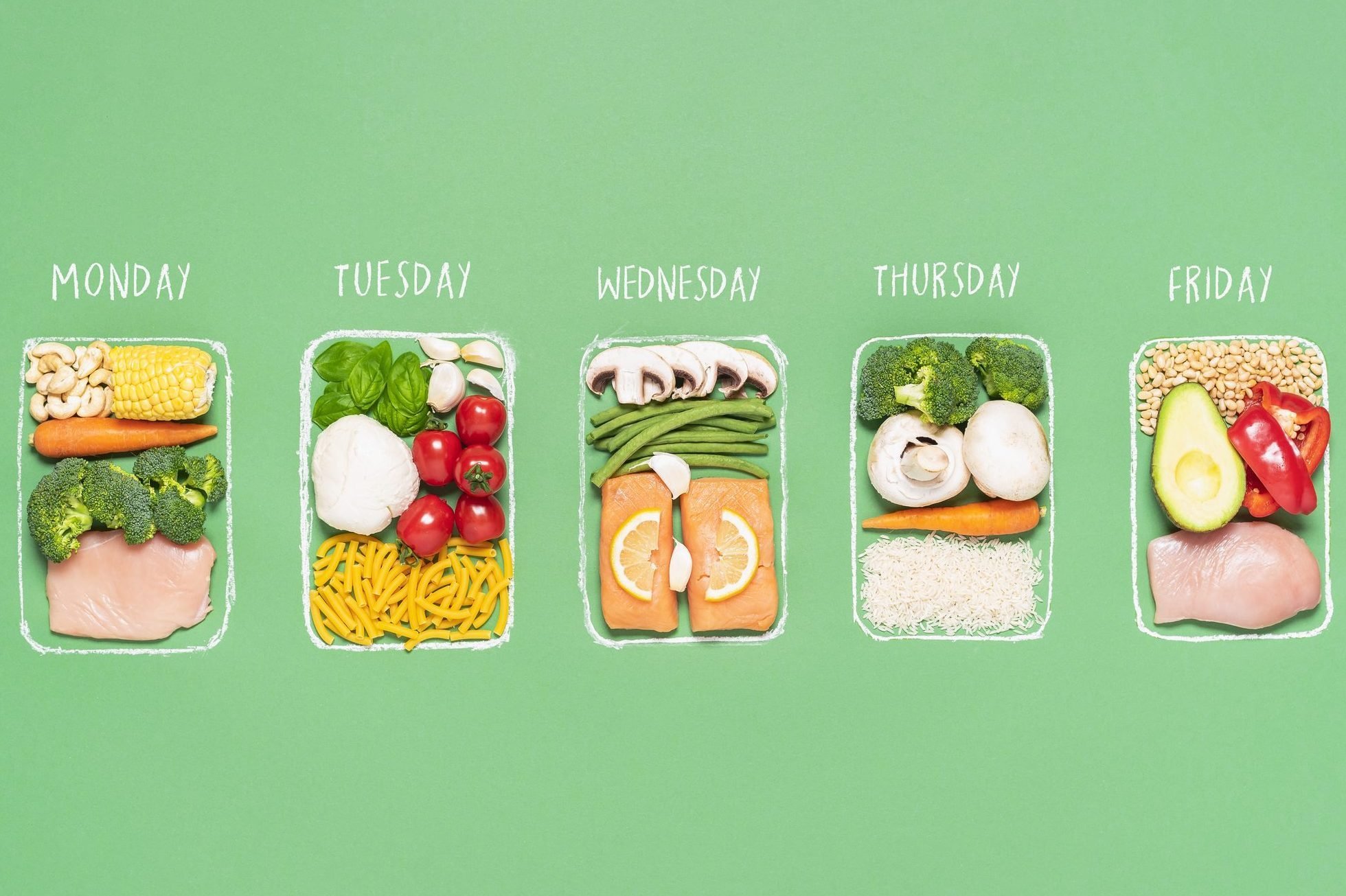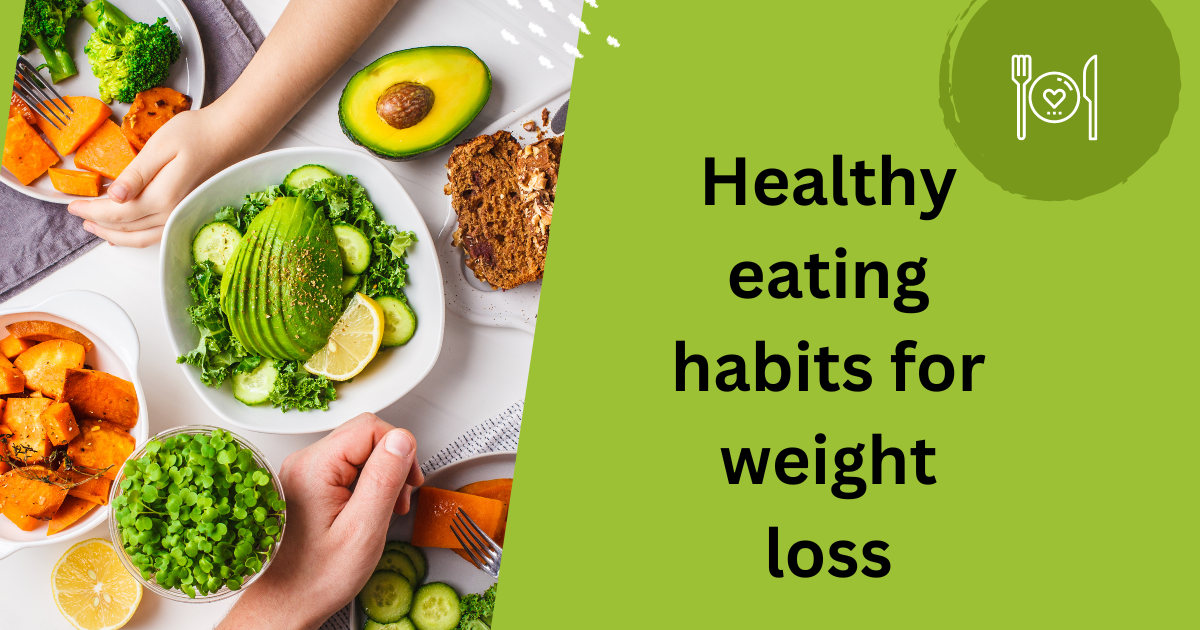Many individuals aim for weight loss, but accomplishing it in a sustainable way is the true challenge. While quick fixes like crash diets may yield immediate results, they often lack longevity and can even be detrimental to your health. The secret to effective weight loss is embracing nutritious eating habits that can be maintained in the long run. This article will delve into the top healthy eating habits for weight loss, equipping you to not only lose those extra pounds but also sustain a balanced and healthy lifestyle.
Prioritize Whole Foods.
Whole foods, such as fruits, vegetables, whole grains, lean proteins, and healthy fats, should be the cornerstone of your diet. These foods are abundant in vital nutrients and low in processed sugars and unhealthy fats, making them perfect for weight loss. Whole foods can also be more satiating, aiding in reducing overall calorie consumption.
The Benefits of Whole Foods for Health.
Whole foods are rich in fiber, which promotes digestion and keeps you feeling fuller for an extended period. This can help manage hunger pangs and diminish the urge to snack on unhealthy options. Furthermore, whole foods provide essential vitamins, minerals, and antioxidants that bolster overall health, making them a superior choice compared to processed foods.

Effectively Manage Portion Sizes.
Even nutritious foods can lead to weight gain if eaten in excessive amounts. Portion control is vital for managing your calorie intake. Learning to identify appropriate portion sizes can help you eat just enough to alleviate hunger without overindulging.
Portion Control Tips for Better Eating
- Use Smaller Plates: Utilizing a smaller plate can create the illusion of greater portions, tricking your brain into feeling satisfied with less food.
- Read Labels: Be mindful of serving sizes on food labels to prevent overeating.
- Listen to Your Body: Eat slowly and stop when you feel satisfied, rather than when your plate is finished.

Stay Hydrated.
Adequate water intake is essential for weight loss. Often, our bodies mistake thirst for hunger, resulting in unnecessary snacking. Maintaining hydration helps control cravings and supports metabolic functions, making it simpler to burn calories.
How Much Water Do You Need Daily?
Aim for at least 8 glasses (approximately 2 liters) of water per day. This may vary based on your activity levels and environment, so listen to your body and hydrate as needed.
Optimize Macronutrient Intake.
A well-rounded diet includes the right balance of carbohydrates, proteins, and fats. Each macronutrient plays an important role in your body’s functioning and can affect your weight loss journey.
Types of Sugars and Starches for Energy.
Choose complex carbohydrates like whole grains, which provide sustained energy and help you feel full. Steer clear of simple sugars and refined carbs that can cause blood sugar spikes and contribute to weight gain.
Essential Building Blocks of Life and Cells.
Protein is crucial for muscle recovery and development, particularly during weight loss. Incorporate lean protein sources such as chicken, fish, tofu, and beans into your meals.
Types of Fats and Their Health Effects.
Healthy fats, such as those found in avocados, nuts, seeds, and olive oil, are vital for feeling full and nutrient absorption. Don’t avoid fats, but focus on consuming the right types in moderation.

Practice Mindful Eating.
Mindful eating entails fully engaging with the experiences of eating and drinking, both internally and externally. It’s about being present during meals and making deliberate food choices without distractions like TV or mobile devices.
Benefits of Mindful Eating Techniques
- Improved Digestion: Eating slowly and chewing thoroughly enhances your body’s efficiency in digesting food.
- Increased Satisfaction: Being conscious of the flavors, textures, and aromas of your food can enrich your eating experience and reduce the risk of overeating.
- Healthier Relationship with Food: Mindful eating fosters a healthy connection with food, emphasizing nourishment rather than restriction.

Organize Your Meal Plans.
Planning meals ahead can facilitate healthier choices and prevent impulsive decisions that often lead to unhealthy eating. Meal planning ensures you have access to balanced, nutritious meals throughout the week, curbing the temptation to opt for quick, unhealthy options.
Tips for Effective Meal Planning
- Create a Weekly Menu: Outline your meals for the week, taking into account your nutritional requirements and preferences.
- Prep Ingredients Ahead: Chop vegetables, cook grains, and prepare proteins in advance to simplify meal preparation.
- Keep Healthy Snacks Available: Stock healthy snacks like fruits, nuts, and yogurt to satisfy hunger between meals.

Avoid Sugary Beverages.
Sugary drinks, such as sodas, sweetened teas, and juices, are calorie-dense with minimal nutritional benefits. These beverages can quickly accumulate calories and hinder your weight loss goals.
Healthier Alternatives Available.
- Water: The top choice for hydration without added calories.
- Herbal Tea: Provides flavor and health advantages without sugar.
- Infused Water: Enhance water with fruit or herbs for a refreshing, low-calorie drink.

Consistently Eat Your Meals.
Omitting meals may appear to be an easy method to reduce calories, but it can backfire by causing overeating later. Regular meals stabilize your metabolism and help maintain energy levels throughout the day.
Benefits of Regular Meal Consumption.
- Prevents Overeating: Eating at regular intervals avoids extreme hunger, which can lead to excessive eating.
- Balances Blood Sugar Levels: Consistent meals help stabilize blood sugar levels, minimizing cravings for unhealthy snacks.
Conclusion on the Discussed Topic.
Embracing healthy eating habits is the most effective way to achieve and sustain weight loss. Prioritizing whole foods, managing portions, staying hydrated, balancing macronutrients, practicing mindful eating, planning meals, avoiding sugary drinks, and maintaining consistent meal times are all strategies that foster long-term success. By incorporating these habits into your daily life, you will not only shed pounds but also enhance your overall health and well-being. Remember, the goal is not only weight loss but also cultivating a lifestyle that nurtures a healthier, happier version of yourself.

